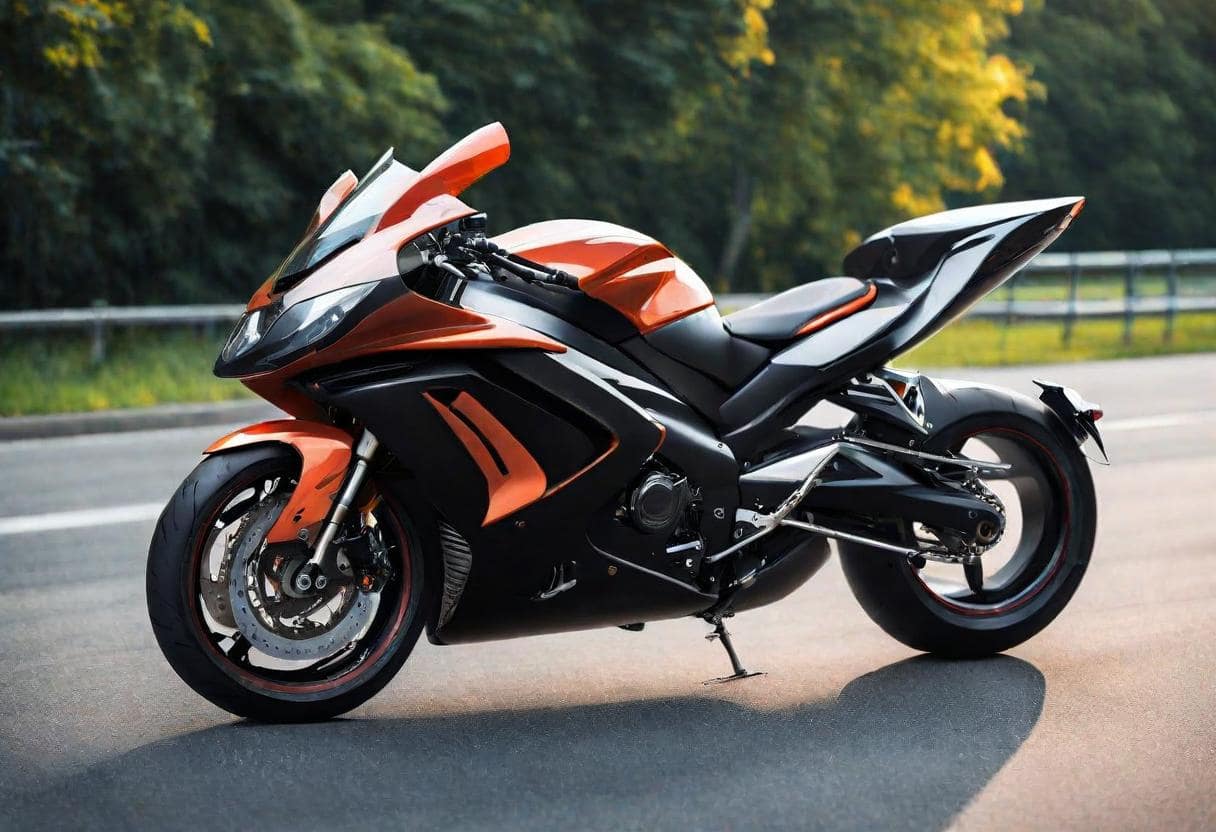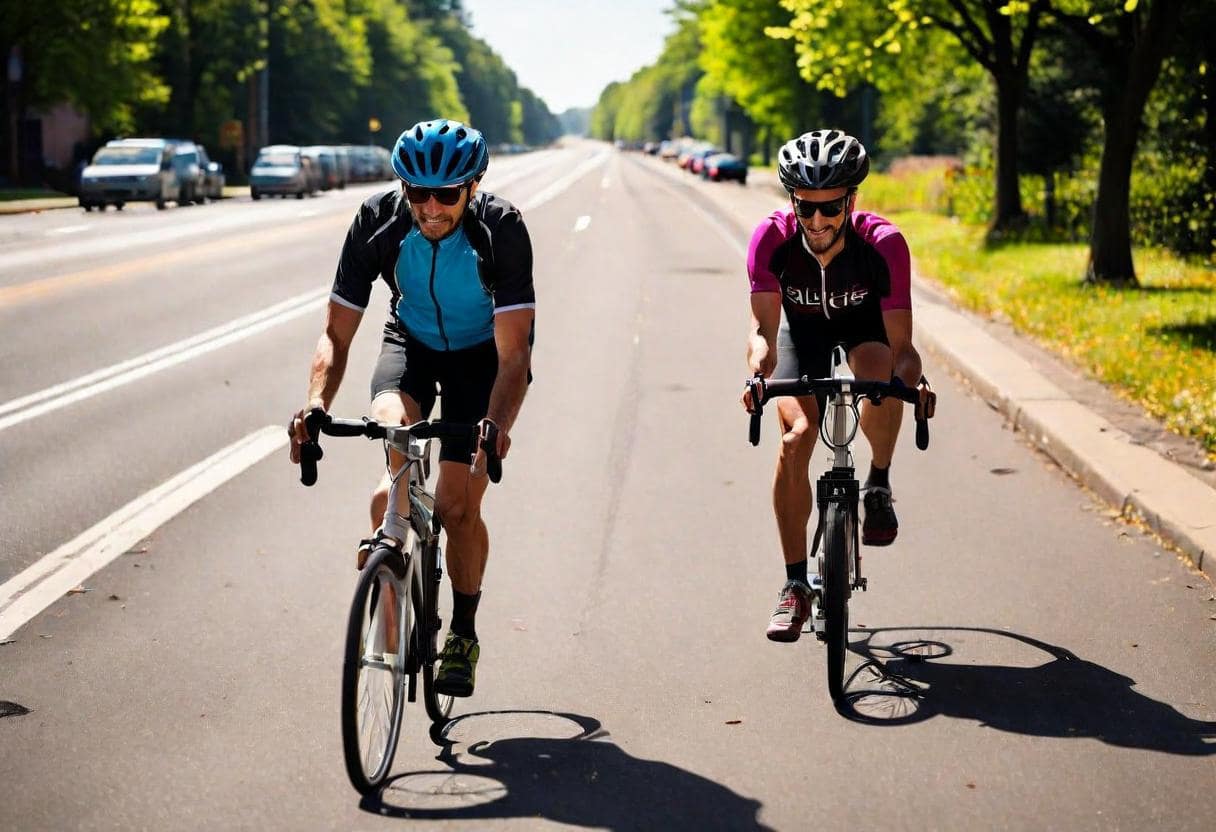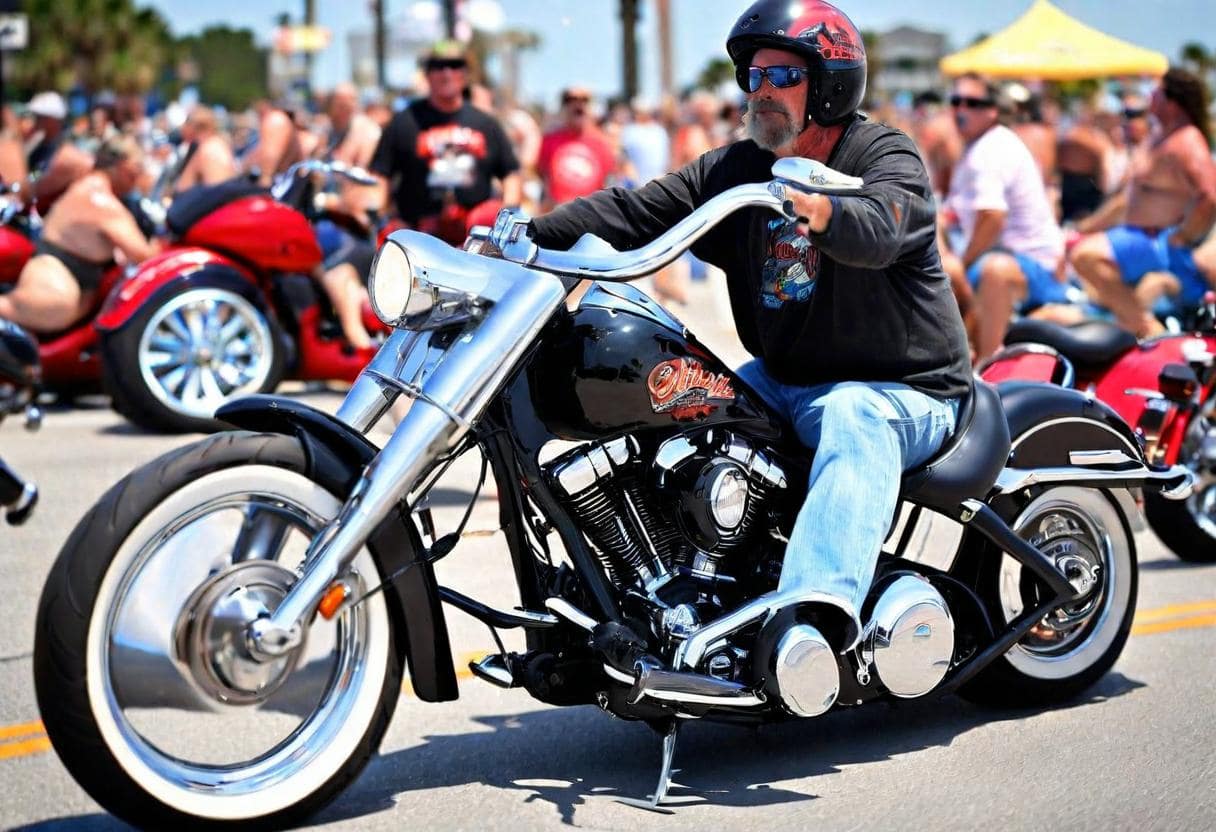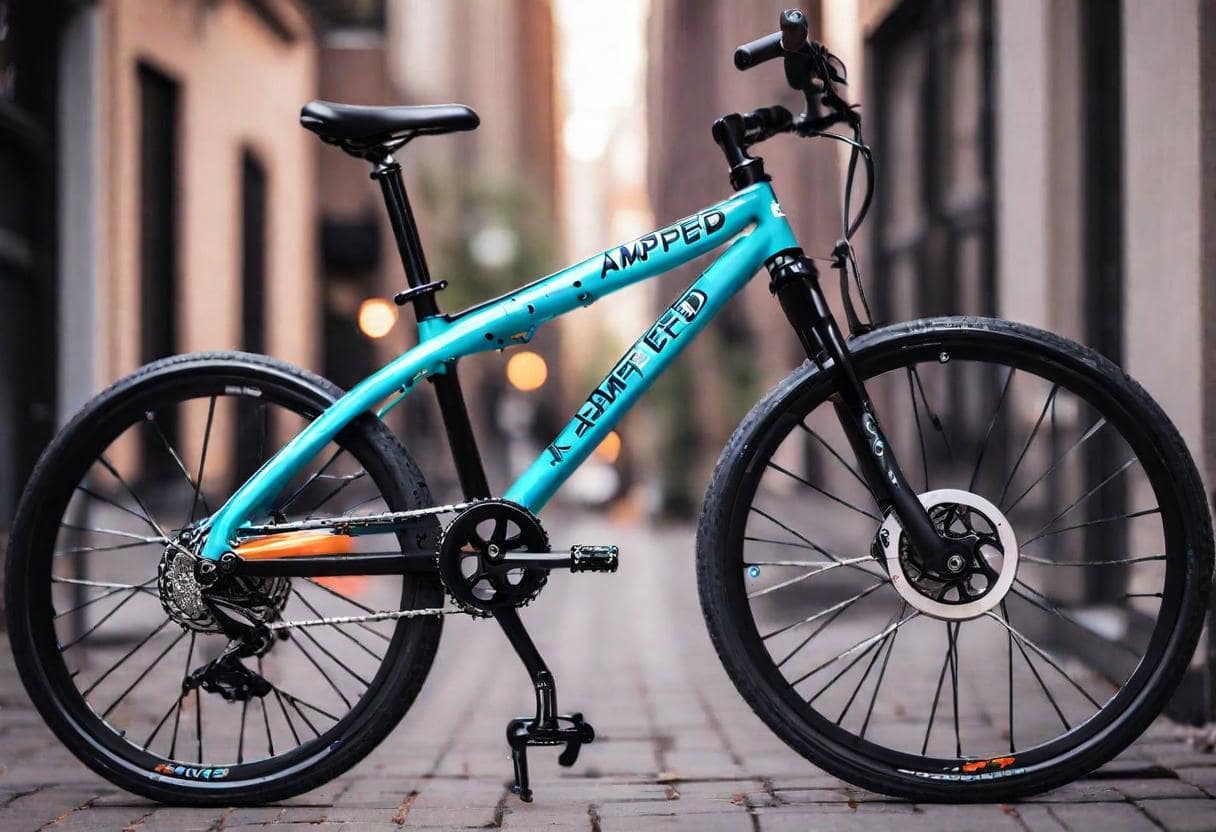So, you’re thinking about joining the ranks of motorcycle enthusiasts, but you’re curious about the financial side of things. Understandably, one of the first questions that come to mind is, “How much does it cost for a motorcycle?” Well, strap on your helmet and rev up your engines because we’re about to take a deep dive into the world of motorcycle costs.
Factors Affecting Motorcycle Costs
Initial Cost
Let’s start with the obvious: the initial cost of the motorcycle itself. The price tag on a motorcycle can vary greatly depending on several factors. Brand prestige, model year, engine size, and features all play a role in determining the sticker price. Entry-level bikes can be relatively affordable, starting at a few thousand dollars, while top-of-the-line models with all the bells and whistles can easily exceed tens of thousands of dollars.
Maintenance Expenses
Owning a motorcycle isn’t just about the upfront cost; it’s also about the ongoing expenses, and maintenance is a big part of that. Regular servicing, oil changes, tire replacements, and other routine maintenance tasks can add up over time. While these costs may not be as significant as the initial purchase price, they’re still something to consider when budgeting for your motorcycle.
Insurance
Another crucial factor to consider is insurance. Just like with cars, motorcycle insurance is a must-have for riders. The cost of motorcycle insurance can vary depending on factors such as the rider’s age, driving record, location, and the type of motorcycle being insured. Sport bikes and high-performance models generally come with higher insurance premiums than standard or cruiser motorcycles.
Fuel Efficiency
One potential cost-saving factor to consider is fuel efficiency. While motorcycles are generally more fuel-efficient than cars, fuel costs can still add up, especially for riders who frequently hit the road. Factors such as engine size, riding style, and the type of fuel used can all affect a motorcycle’s fuel efficiency.
Types of Motorcycles
Before we go any further, let’s take a moment to talk about the different types of motorcycles available. From sleek sports bikes to rugged adventure tourers, there’s a wide variety of options to choose from. Here are several of the most frequently encountered types:
Standard Bikes
Standard motorcycles, also known as naked bikes or roadsters, are perhaps the most versatile type of motorcycle. They typically feature a comfortable riding position and a neutral riding stance, making them suitable for a wide range of riders and riding styles.
Cruisers
Cruiser motorcycles are all about style and attitude. With their low-slung seats, wide handlebars, and laid-back riding positions, cruisers are perfect for riders who want to hit the open road in style. However, their larger engines and premium features often come with a higher price tag.
Sport Bikes
If speed and agility are what you’re after, then a sports bike might be right up your alley. With their aggressive riding positions, aerodynamic bodywork, and high-performance engines, sport bikes are designed for one thing: going fast. However, this performance-oriented design can drive up both purchase and insurance costs.
Touring Bikes
For riders who love nothing more than hitting the open road and exploring new destinations, touring bikes are the way to go. With their comfortable seats, spacious luggage compartments, and long-distance capabilities, touring bikes are built for epic journeys. However, these attributes often come with a higher price tag.

New vs. Used Motorcycles
One decision you’ll need to make when buying a motorcycle is whether to buy new or used. Each option has its pros and cons, so let’s take a closer look:
Pros and Cons of Buying New
Purchasing a new motorcycle offers several advantages. You’ll get the latest features and technology, along with the peace of mind of a manufacturer’s warranty. However, new bikes also come with a higher upfront cost and depreciate rapidly in value.
Pros and Cons of Buying Used
Buying a used motorcycle can save you money upfront, as used bikes typically come with lower purchase prices and slower depreciation. However, it’s important to do a thorough inspection of any pre-owned motorcycle before purchase, making sure it’s in good condition and free of abuse or neglect.
Additional Costs
In addition to the purchase price of the motorcycle itself, there are several other costs to consider when budgeting for motorcycle ownership:
Gear and Accessories
Allocating resources to premium riding gear and accessories is important to enhance both your safety and comfort while on the road. Helmets, jackets, gloves, boots, and other protective gear can add up, so be sure to budget accordingly.
Registration and Taxes
Don’t forget about registration fees and taxes when budgeting for your motorcycle. These costs vary by location and can add a significant amount to the overall cost of ownership.
Storage and Parking
If you don’t have a garage or dedicated parking space, you may need to budget for storage fees or consider alternative parking arrangements. Keep in mind that some locations may have restrictions or additional costs associated with motorcycle parking.
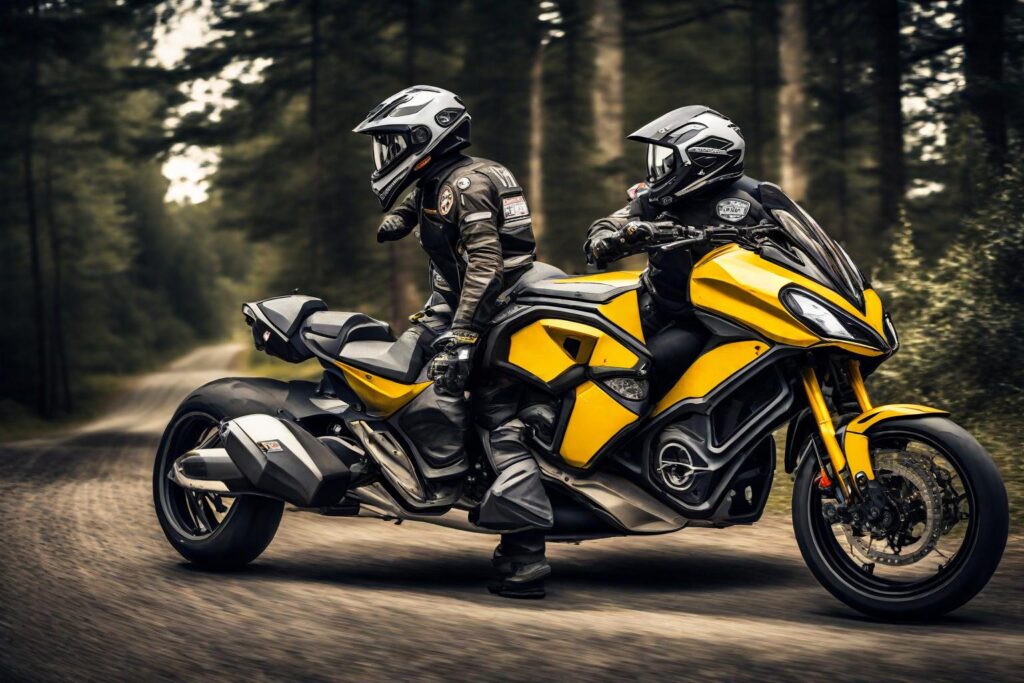
Factors Influencing Motorcycle Insurance
Several factors can affect the price of motorcycle insurance, including:
Rider’s Age and Experience
Younger, less experienced riders typically pay higher insurance premiums due to their increased risk profile. Conversely, older, more experienced riders may qualify for lower rates.
Type of Motorcycle
The type of motorcycle you choose to ride can also affect the rates you will face for insurance. Sport bikes and high-performance models generally come with higher insurance premiums than standard or cruiser motorcycles.
Location
Your location can also affect your insurance costs. Urban areas with higher traffic congestion and theft rates may have higher insurance premiums than rural areas.
Driving Record
Your past driving history has a significant impact on the rates you will face for insurance coverage. A clean driving record with no accidents or traffic violations will typically result in lower premiums.
Tips for Cost-Effective Motorcycle Ownership
Now that we’ve covered the various factors that can affect motorcycle costs let’s look at some tips for cost-effective motorcycle ownership:
Research and Comparison
Take the time to research different motorcycle models and compare prices, features, and reviews to find the best value for your budget. Consider factors such as reliability, fuel efficiency, and resale value when making your decision.
Budgeting
Create a realistic budget that accounts for not only the purchase price but also ongoing expenses such as maintenance, insurance, and fuel. Make sure you set aside room for unexpected expenses or emergencies.
Maintenance
Regular maintenance is essential for keeping your motorcycle running smoothly and preventing costly repairs down the road. Follow the maintenance schedule recommended by the manufacturer and attend to any problems that arise promptly.
Investing in Quality Gear
While it may be tempting to skimp on gear to save money, investing in high-quality helmets, jackets, gloves, and boots is essential for your safety and comfort on the road. Look for gear that meets safety standards and offers features such as impact protection and weather resistance.

How much does a motorcycle typically cost?
The price of a motorcycle can fluctuate significantly based on a number of factors. On average, you can expect to pay anywhere from a few thousand dollars for a basic, entry-level model to tens of thousands of dollars for a top-of-the-line, high-performance bike with all the latest features. Additionally, factors such as brand, model, engine size, and additional accessories can all contribute to the overall price of a motorcycle. It’s essential to consider your budget and what features are most important to you when determining how much to spend on a motorcycle. Additionally, don’t forget to budget for other expenses such as insurance, maintenance, gear, and accessories, which can add to the total cost of ownership over time.
What is a good price for a first motorcycle?
Determining a good price for a first motorcycle depends on various factors, including your budget, preferences, and intended usage. Generally, for beginners, opting for a used or entry-level motorcycle can be a cost-effective choice. Prices for first motorcycles can range from a few thousand dollars for basic, older models to around $5,000 to $10,000 for newer, mid-range bikes.
It’s crucial to consider not only the upfront cost but also ongoing expenses like insurance, maintenance, and gear. Additionally, researching different models, comparing prices, and seeking advice from experienced riders can help you find a good deal that fits your needs and budget. Remember, investing in a quality, reliable motorcycle that suits your riding style and skill level is essential for a safe and enjoyable riding experience.
What's cheaper a motorcycle or car?
Determining whether a motorcycle or car is cheaper depends on various factors such as purchase price, maintenance costs, insurance rates, and fuel efficiency. Generally, motorcycles tend to be cheaper upfront compared to cars, with many entry-level models priced lower than compact cars. Additionally, motorcycles typically have lower fuel consumption, leading to potential savings on fuel costs over time. However, it’s essential to consider other expenses like insurance, which can vary depending on factors like the type of vehicle, the rider’s age and experience, and location.
While motorcycle insurance premiums are often lower than car insurance, they may not provide the same level of coverage. Maintenance costs can also differ between motorcycles and cars, with motorcycles generally requiring less frequent servicing but potentially higher repair costs for specialized parts. Ultimately, the decision between a motorcycle and a car depends on individual preferences, lifestyle, and budgetary considerations.
Conclusion
So, how much does it cost for a motorcycle? The answer depends on a variety of factors, including the type of bike, whether it’s new or used, and additional expenses such as insurance and maintenance. By carefully considering these factors and budgeting accordingly, you can enjoy the thrill of motorcycle ownership without breaking the bank.
FAQs
Why is owning a motorcycle so expensive?
Owning a motorcycle can be expensive due to various factors. Firstly, the initial cost of purchasing a motorcycle, especially newer or high-performance models, can be significant. Additionally, ongoing expenses such as maintenance, insurance, fuel, and gear add up over time.
Motorcycle insurance premiums can be relatively high, particularly for certain types of bikes or riders with less experience. Moreover, specialized motorcycle parts and servicing can be costly, especially if repairs are needed. Finally, riders may also incur expenses for safety gear, accessories, and storage solutions. While the initial appeal of motorcycles often lies in their affordability and fuel efficiency, the cumulative costs of ownership can make them a substantial financial investment.
Is it cheaper to daily a motorcycle?
In many cases, daily commuting with a motorcycle can be cheaper than using a car. Motorcycles typically have higher fuel efficiency, allowing riders to save on fuel costs over time compared to driving a car. Additionally, motorcycles often require less maintenance and servicing than cars, further reducing ongoing expenses. Motorcycle insurance premiums are generally lower than car insurance, especially for experienced riders and certain types of bikes. However, it’s essential to consider other factors such as safety gear, parking fees, and weather conditions that may affect the overall cost of daily motorcycle use.
Are motorcycles hard to ride?
While learning to ride a motorcycle requires time, practice, and skill, they are not inherently difficult to ride. Modern motorcycles are designed with user-friendly features such as adjustable controls, smooth handling, and responsive braking systems to make them accessible to riders of varying experience levels.
However, mastering the art of motorcycle riding requires understanding fundamental techniques such as balance, throttle control, braking, and cornering. Additionally, riders must be vigilant and aware of their surroundings to navigate safely in traffic and varying road conditions. With proper training, practice, and respect for the machine, most individuals can learn to ride a motorcycle proficiently.
What is the major disadvantage of a motorcycle?
One major disadvantage of motorcycles is their lack of protection compared to cars. Motorcycles offer little to no physical barrier between the rider and the surrounding environment, leaving riders more vulnerable to injury in the event of a collision or accident.
Additionally, motorcycles are less visible to other motorists on the road, increasing the risk of accidents caused by driver negligence or inattentiveness. Weather conditions such as rain, wind, and extreme temperatures can also pose challenges for motorcycle riders, affecting comfort and safety. Furthermore, motorcycles have limited carrying capacity and passenger accommodations compared to cars, making them less suitable for transporting multiple people or bulky cargo. Overall, while motorcycles offer many advantages such as maneuverability and fuel efficiency, their lack of protection remains a significant drawback.


